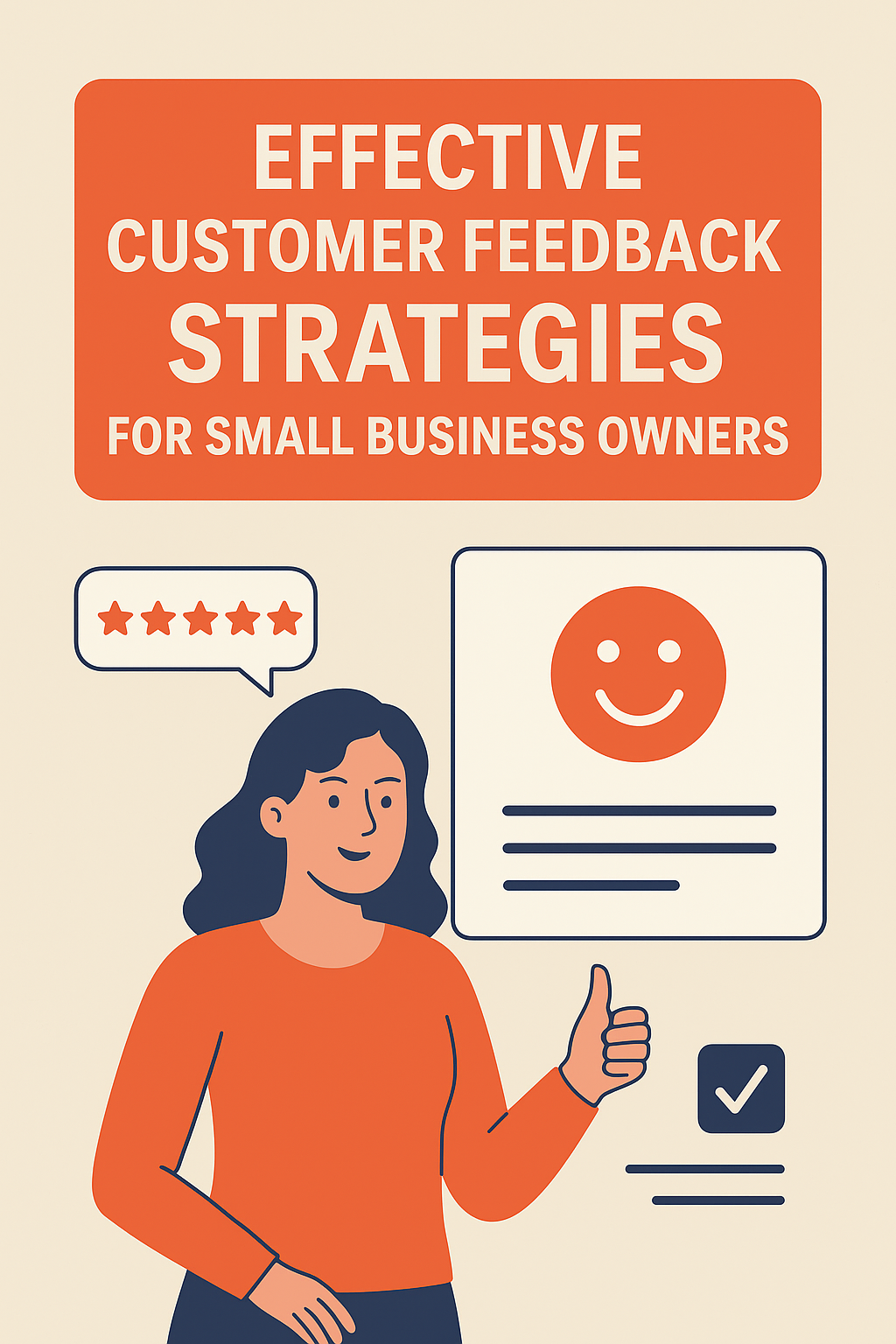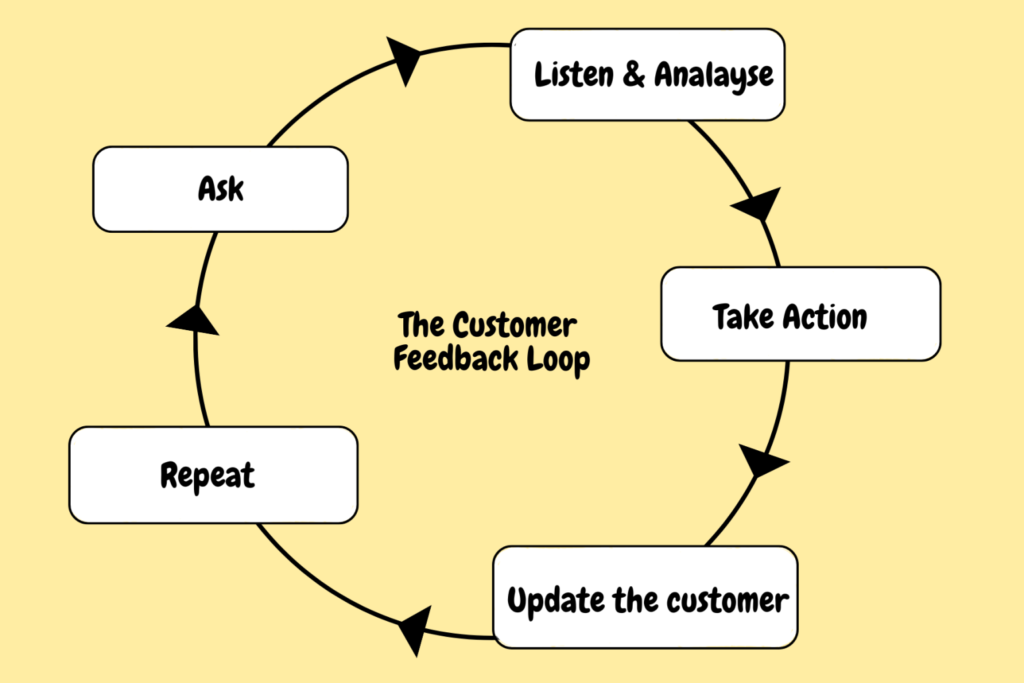
- August 25, 2025
- wallahleads@gmail.com
- 0
Effective Customer Feedback Strategies for Small Business Owners
In today’s competitive digital world, customer feedback is no longer just an optional add-on—it’s a necessity. For small business owners, feedback is one of the most powerful tools to improve products, enhance services, and build long-term relationships with customers. At Leadswallah, we believe that businesses grow best when they listen to their customers and take meaningful action.
In this blog, we’ll explore effective customer feedback strategies that can help small business owners create a customer-centric culture and unlock consistent growth.

1. Why Customer Feedback Matters for Small Businesses
Unlike large corporations with massive budgets, small businesses thrive on strong customer loyalty and word-of-mouth referrals. Feedback provides insights into:
Customer satisfaction levels – Are your customers happy with your products or services?
Areas of improvement – What’s missing or what could be done better?
Market trends – What do your customers actually want in the long run?
Brand reputation – How do people perceive your business?
When used effectively, customer feedback becomes a roadmap for growth, helping small businesses reduce guesswork and focus on real needs.
2. Encourage Feedback Through Multiple Channels
Don’t limit your feedback collection to just one platform. Customers have different preferences, so offering multiple avenues ensures you gather a more complete picture.
Ways to collect feedback:
Email surveys after purchase or service.
Google reviews and other public review platforms.
Social media polls and comments.
Feedback forms on your website.
Direct messages through WhatsApp or chatbots.
At Leadswallah, we always recommend creating an omnichannel presence so no customer voice goes unheard.
3. Ask the Right Questions
The quality of feedback depends on the quality of your questions. Instead of asking generic questions like “Did you like our service?”, dive deeper.
Examples of effective questions:
“What did you enjoy most about your experience?”
“Is there something we could have done better?”
“How likely are you to recommend us to a friend or colleague?” (Net Promoter Score)
“What new features or services would you like us to introduce?”
This approach gives you actionable insights rather than vague answers.
4. Use Technology to Collect and Analyze Feedback

Modern tools can simplify feedback collection and make it actionable.
Some recommended tools:
Google Forms & Typeform – Easy survey creation.
Zoho Survey / SurveyMonkey – Professional-level feedback collection.
HubSpot CRM – Track customer satisfaction as part of your sales funnel.
Social listening tools – Monitor what customers are saying about your brand online.
Analyzing trends in feedback will help you make data-driven decisions and stay ahead of competitors.
5. Close the Feedback Loop

One of the biggest mistakes small businesses make is collecting feedback but never acting on it. Customers want to feel heard.
Steps to close the loop:
Acknowledge feedback – Thank customers for sharing their thoughts.
Take action – Implement changes where possible.
Communicate back – Let customers know how their input made a difference.
For example: If a café receives multiple requests for non-dairy options and then introduces almond milk, announcing this change shows customers their voices matter.
6. Leverage Positive Feedback for Marketing
Happy customers are your best marketers. Encourage satisfied clients to leave reviews and testimonials that you can showcase on your website, social media, and even in advertisements.
At Leadswallah, we always remind our clients: Testimonials build trust faster than any ad campaign.
7. Turn Negative Feedback into an Opportunity
Negative reviews might feel discouraging, but they’re invaluable for growth. Instead of ignoring or deleting them:
Respond politely and professionally.
Offer a solution or compensation if needed.
Show that you genuinely care about customer experience.
Handled well, negative feedback can actually turn an unhappy customer into a loyal advocate.
Final Thoughts
For small business owners, customer feedback isn’t just data—it’s the voice of your most valuable asset: your customers. By collecting, analyzing, and acting on feedback, you create a stronger business that resonates with your audience.
At Leadswallah, we help small businesses not only capture valuable feedback but also use it strategically for growth. Remember, the more you listen, the more your customers will love your brand.

